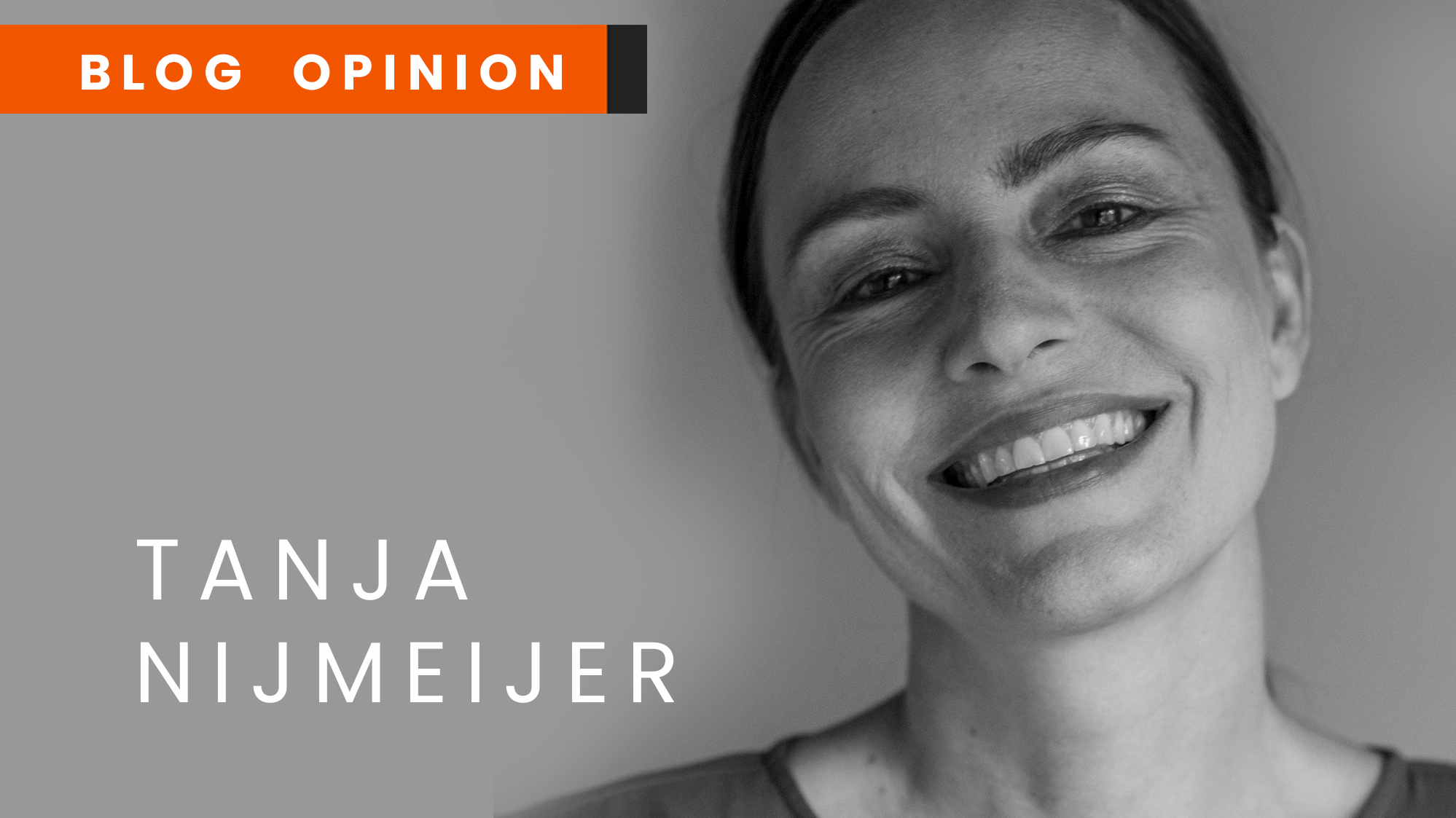Since the signing of the peace agreement in 2016 – almost 9 years ago – a lot of stuff has happened in terms of economic reintegration of ex-fighters. Remember that the peace agreement in its chapter End of Conflict, 3.2.2.1., created ECOMUN, an organization for social and solidarity-based economy with local sections to which ex-combatants could affiliate voluntarily in order to build productive projects as a means of economic reintegration.
In total, 154 cooperatives were created across the country, all affiliated with ECOMUN. Many of these initiatives struggled: some collapsed under state bureaucracy, others were caught in political disputes over ECOMUN’s control, and some failed due to unrealistic expectations—they were expected to be an immediate source of income, which was obviously not the case.
Yet, many of them survived against all odds. At this moment, there are around 60 active cooperatives of ex-fighters and surrounding communities. Some ex-fighters became experts in the production of high-quality coffee, others in the production of craft beer, some started producing bags, pants and shoes and others specialized in honey or cacao. The cooperative I am a member of, De Mano en Mano (from Hand to Hand), is in charge of commercializing all these products, through our platform dmmpaz.co at the national level.
The cooperatives have received financial, technical and administrative support from the United Nations, national and international NGO’s, the Colombian government and sometimes even private enterprises. Possibly they wouldn’t have survived without these aids, there is no doubt about it. But this support also comes with contradictions and challenges that deserve critical reflection. After years of experience, I’ve identified several reasons why external aid—despite its good intentions—can become counterproductive and even demotivating.
1. Financial Aid Without Financial Autonomy
Aid rarely reaches local organizations directly. The logic is understandable: “We’re working with communities that lack experience in administration.” But this approach strips us of the opportunity to develop our own capacities. We remain implementers, not decision-makers. The local organization doesn’t get to manage responsibilities, doesn’t build a financial record and is always forced into the position of just receiving the resources and executing what the donor thinks is appropriate. Related to this, funders often impose rigid criteria that don’t reflect the reality on the ground. For example, some insist that 50–60% of participants be ex-combatants, even though many cooperatives nowadays integrate more members from surrounding communities—a core goal of reintegration.
Another example is the criteria in terms of gender. To include a gender perspective is important to all of us, but this aspect is way too often reduced to dull basic workshops on gender taught by experts, who indeed know a lot of theory, but don’t know about the situation of female ex-fighters in the territories. Practical support -like promoting women’s economic autonomy or increasing their leadership roles -rarely follows.
2. Excessive Spending on NGO Overheads
Too much money gets diverted to NGO administrative costs: technical staff salaries, travel expenses, hotels, and workshops. In many cases, these roles could be filled by local people with equal or greater understanding of the context—and with lower costs.
3. Unnecessary Bureaucracy
The part that truly wears us down. We understand that every project needs accountability—budgets, metrics, documentation. But sometimes the bureaucracy becomes absurd and a lot of it could be avoided easily if the mindset were different. If we could just understand that it is not possible to force Colombian reality into European or North American diagrams or forms. If sometimes we would just write an email instead of asking for meetings where all cooperative members have to participate, just in order to show the pictures and signatures to the boss sitting at his desk in Bogotá.
4. A Persistent Patronizing Attitude
The patronizing attitude of the donors is still latent in many cases. Many donors decide what we need, how we’re allowed to spend funds, and how every action must be reported. While many are knowledgeable, their approach often ignores the experience and vision already present on the ground.
In our case, De Mano en Mano was born out of a need to resolve a specific and urgent problem experienced by the people that were producing on the countryside: getting their products to the market. When we started working in 2022, we had quite a few meetings with NGOs to request support. They all agreed on the bottleneck of marketing and sales. Yet, they declined to support a centralized platform built by ex-fighters themselves to resolve the problem. Instead, they allocated resources to cooperatives separately, running small workshops (held by their personnel) on social media, sales or customer support. These efforts, while well-meaning, dilute impact. People can’t be expected to handle all parts of the value chain without coordination and focus.
Solidarity, Not Supervision
Our best experience in international cooperation has come from sister cooperatives in Northern Ireland and Italy. Their solidarity-based funding was respectful, flexible, and trust-based. That doesn’t mean there was no accountability—it just meant we were treated as equals. This kind of horizontal partnership allows us to grow collectively. We are not passive recipients. We are members of organizations owned and run jointly, committed to building an economy based on cooperation, mutual respect, and peace. It’s time to move from a model of charity to one of solidarity and co-responsibility. We don’t need saviors. We need partners who believe in our capacity to build alternative economy.
